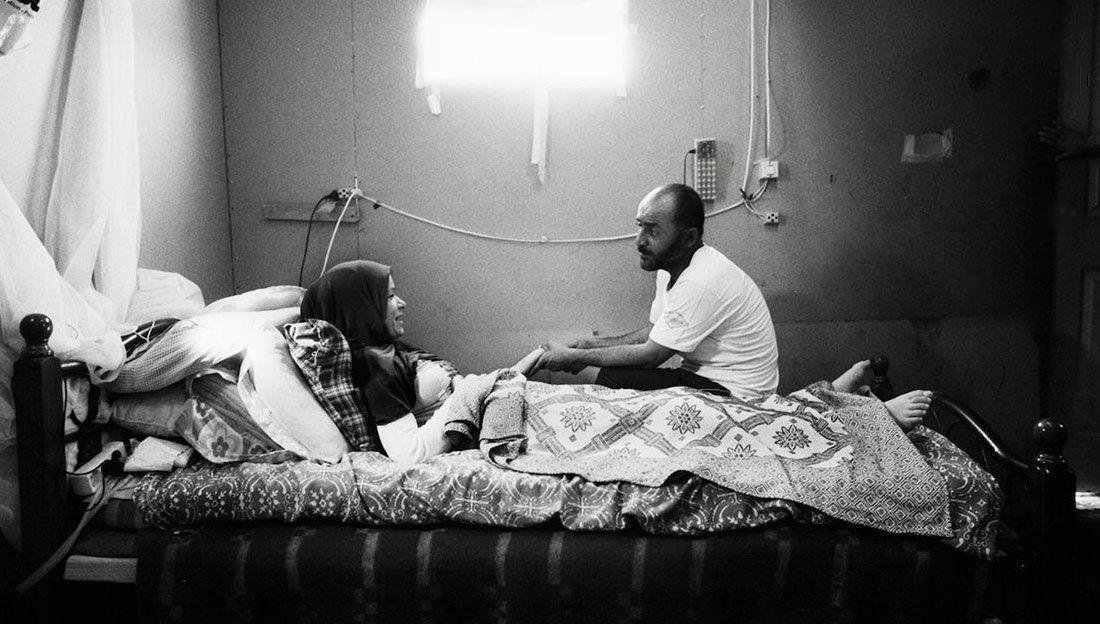Giles Duley: “The moment I had my life back”
Emergency
Rehabilitation
Lebanon
Photographer Giles Duley tells the incredible story of Kholoud, a woman he met in Lebanon on his first proper trip back to work after being injured, and how meeting her helped him get his own life back.




